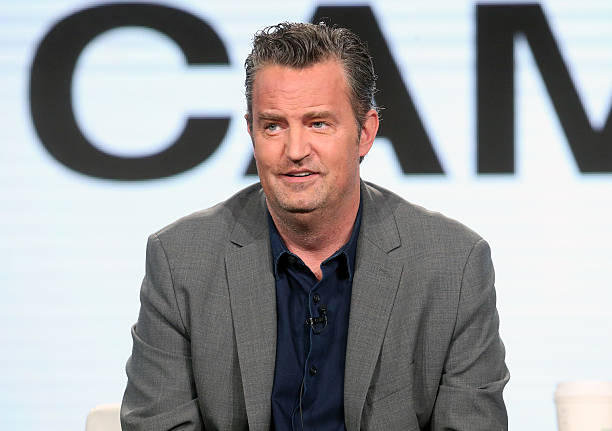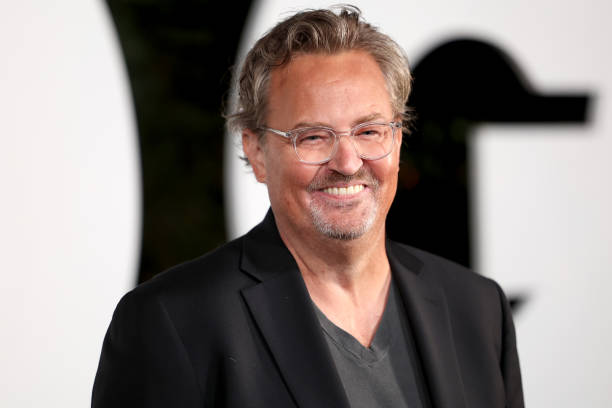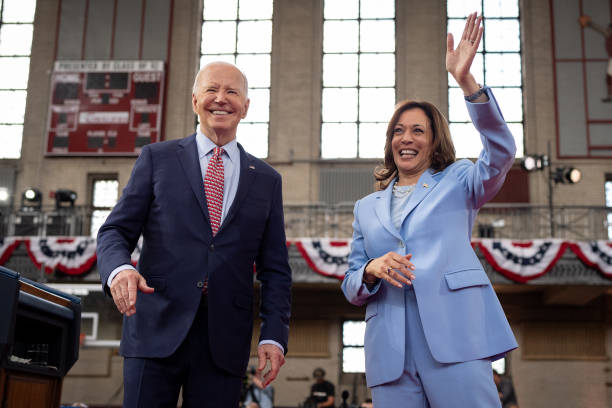Matthew Perry’s untimely demise in October, attributed to a ketamine overdose, was not an isolated incident but rather the tragic outcome of a complex web of enablers who facilitated his access to the drug. This was revealed during a press conference where Martin Estrada, the U.S. Attorney for the Central District of California, announced the arrest and multiple charges against five individuals, including two medical professionals, in connection to Perry’s death.
Among those implicated is Kenny Iwamasa, Perry’s live-in assistant, who, without formal medical training, allegedly learned to administer ketamine from Dr. Salvador Plasencia, a co-defendant in the case. It is alleged that Plasencia provided Iwamasa with vials of the potent dissociative anesthetic at Perry’s Pacific Palisades residence. The drug itself was allegedly procured through a nefarious network involving Jasveen Sangha, ominously dubbed “The Ketamine Queen,” her associate Dr. Mark Chavez, and intermediary Eric Fleming. According to Neama Rahmani, a former federal prosecutor and current president of West Coast Trial Lawyers, Perry’s celebrity status made him a target, ultimately leading to his tragic end.

Rahmani elaborated on the exploitative nature of Perry’s entourage, comparing them to “leeches” who drained him financially and preyed on his vulnerabilities. Perry, who was vocal about his struggles with opioid addiction and the steps he was taking to manage it, was reportedly charged exorbitant amounts for ketamine, a practice Rahmani described as both unethical and heartbreaking.
The indictment unsealed damning text messages between Plasencia and Chavez, where they callously referred to Perry as a “moron” while discussing how much they could extort from him. These licensed medical doctors in California were allegedly involved in the sale of approximately 20 vials of ketamine for $50,000 and later exploited Perry further by selling him 50 vials for $11,000.
Iwamasa, under the influence of this criminal network, confessed to administering ketamine to Perry multiple times, even on the day of his death. He has since pleaded guilty to a conspiracy charge related to distributing ketamine, which resulted in Perry’s death, and has reached a plea agreement.
ALSO READ : Greg Kihn: Rock star behind iconic ’80s hits has died
Sangha, the so-called “Ketamine Queen,” is also accused of maintaining a drug stash house in North Hollywood, California, where controlled substances like methamphetamine and ketamine were allegedly manufactured and distributed. Her involvement in Perry’s case also led to her indictment for the 2019 overdose death of Cody McLaury.

Eric Fleming, who acted as a broker, once assured Iwamasa that Sangha only dealt with high-end clients, implying that her products were of superior quality, a claim he used to justify the exorbitant prices.
The indictment details how Iwamasa ordered 25 vials of ketamine on October 14, 2023, and then requested another batch on October 23. The ketamine delivered the following day was the substance that claimed Perry’s life just four days later. Iwamasa reportedly injected Perry at least 18 times between October 25 and 27, and on the day Perry died, he administered the drug three more times.
The case against the defendants appears to be robust, with incriminating text messages and confessions forming a substantial part of the evidence. Rahmani pointed out that the lack of a DEA license or any legitimate reason for the defendants to possess ketamine or methamphetamine leaves them with no viable defense.
Sangha and Plasencia are facing serious charges, including conspiracy to distribute ketamine, and Sangha is additionally charged with maintaining a drug-involved premises and possession with intent to distribute methamphetamine and ketamine. If convicted on all counts, Sangha faces a minimum of 10 years in federal prison, with the possibility of life imprisonment, while Plasencia faces up to 10 years for each ketamine-related charge and up to 20 years for falsifying records.
Dr. Chavez has agreed to plead guilty to conspiracy to distribute ketamine, admitting to diverting the drug from his former clinic to supply Plasencia.
The repercussions of this case extend beyond Perry’s death. Federal authorities have made it clear that those responsible for providing drugs that result in death will face severe consequences. This case follows a growing trend where prosecutors hold dealers accountable for the deaths of high-profile individuals, as seen in the convictions following the deaths of Michael K. Williams and Robert De Niro’s grandson.
Matthew Perry :

Rither Alabre, a former New York prosecutor and current partner in White Collar Group at Blank Rome LLP, emphasized the significance of federal prosecutors leading the Perry investigation. The federal system, with its extensive resources and ability to collaborate across agencies, is more likely to impose harsher sentences, which Alabre notes are likely in this case, given the gravity of the charges.
Matthew Perry, known and loved by many for his role on “Friends,” tragically drowned in a hot tub at his home in the Pacific Palisades on October 28 at the age of 54, a victim of a lethal combination of vulnerability and exploitation.




One thought on “Matthew Perry death investigation: Actor’s assistant, doctors among 5 charged in his ketamine overdose”